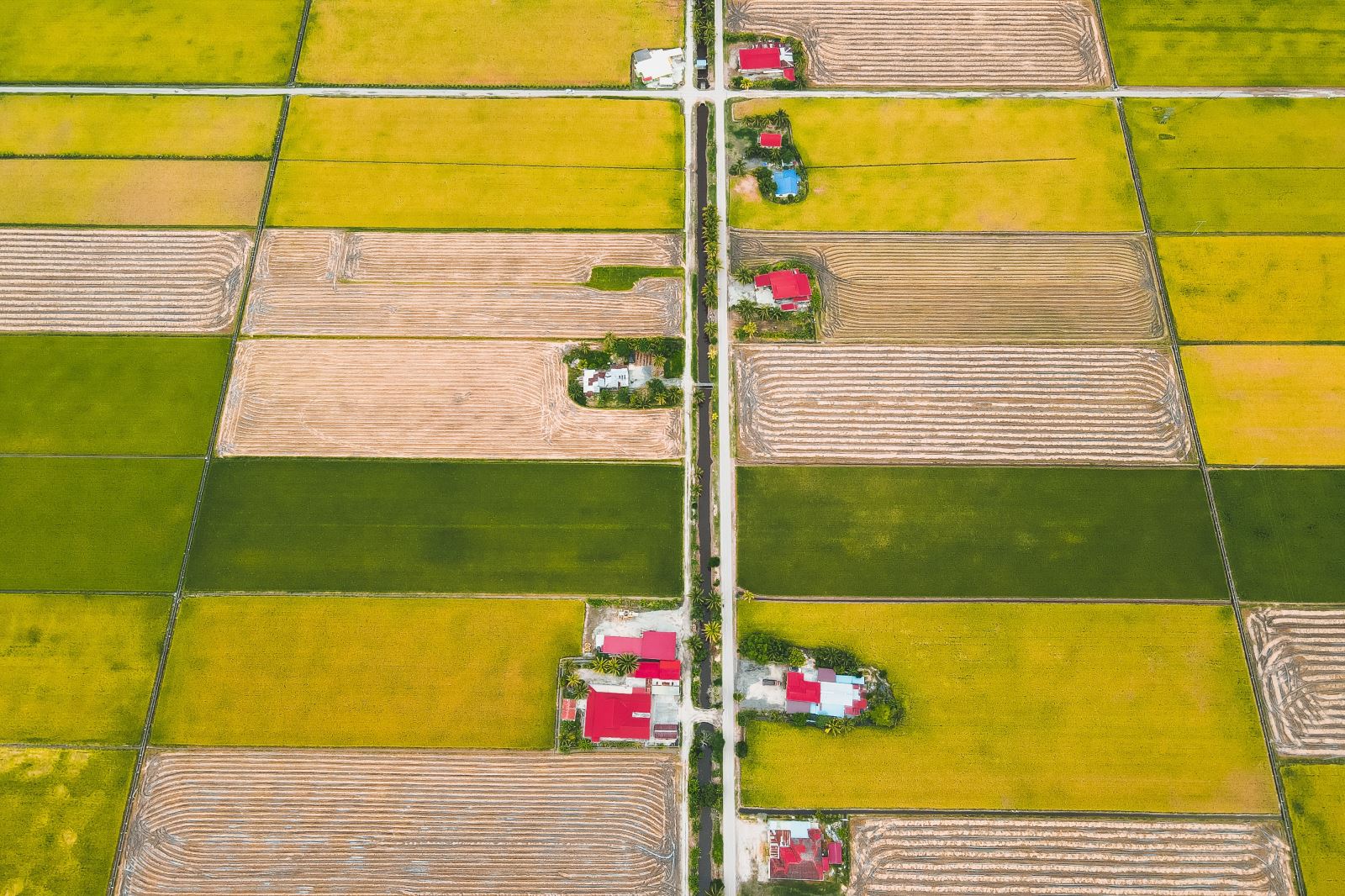Big Data for Small Places
Date: May 20, 2022
Author: Nelson Rogers, MSW, Ed.D

In our work in rural research and consulting, my colleague and I were frequently asked for assistance with local data. We believed staff in rural municipalities and NGOs should be able to find and interpret relevant data without employing a consultant. When we inquired about the obstacles rural staff faced, some recurring themes emerged. Largely due to recent Open Data initiatives, the volume of available data, and the wide variety of sources and formats, made the search for “just enough” data formidable for those without analytical expertise. The other concern we heard was that data consultants typically lacked familiarity with rural contexts so the resulting data reports often ignored or misinterpreted local situations.
It seemed to me that designing and implementing an experiential learning program to address rural data utilization capacity should not be too difficult. I was optimistic about this due to my career in the community college sector. Since OMAFRA is one of Canada’s leading agencies in the field of publicly available rural data, and because of my experience, I sent out some inquiries about the possibility of developing such a program. I was pleased with the widespread interest in the concept, and support to develop and test a pilot project.
My colleague and I soon assembled a coalition of interested parties, with support from OMAFRA, Valley Heartland CFDC, and instructional design expertise from Algonquin College. We also identified several local rural municipal and NGO participants who had specific concerns they believed could be addressed by data access and analysis. The issues included planning appropriate parks and recreation infrastructure in a small town, welcoming and retaining immigrants in rural communities, planning social services for specific identified groups, and support for active transportation initiatives.
The pilot became the basis for what we now call Big Data for Small Places (BD4SP) – turning data into understanding and understanding into action for rural community development. The format of the program includes a start-up consultation to assist groups with team formation and problem clarification, then six modules with learning activities that guide teams through the process, and a follow-up meeting with each group to facilitate transition to next steps. The groups have tasks to complete between each module, and the facilitators are available online to provide assistance if necessary. The final “product” for each group is typically a report such as a program evaluation, a funding proposal, or a feasibility study.
What we learned from feedback and observation of the working groups in the pilot and subsequent versions of the program was that there were three roles that were related to successful outcomes for the group: a champion (the face and voice of the project), a researcher (often a librarian or a grad student), and a subject-matter expert. The most effective groups had two or more people sharing each of these roles. The program encourages groups to connect with resource people outside their circle in order to enhance the knowledge base related to their project. Some individuals were unfamiliar with the project-based experiential learning approach and would have preferred a more generic “Rural Data 101” traditional course. However, the majority of participants reported that they came to the BD4SP program with a particular problem or opportunity that they believed could be addressed through better use of data, and they were very pleased with the practical orientation of the program.
A couple of the modules resonated particularly well with the participants. One is on the theme of “What does your community need?” This module, adapted from British Public Health Council training, features five approaches to assessing the nature and extent of a local need, along with the data implications for each approach. Often in rural community development there is a wide range of opinions about what the community really needs and having a framework to guide the determination of need and back it up with data has proven to be very useful. Another BD4SP module participants appreciated is “Strategic Networking”. In order to maximize the effectiveness of data access and analysis for a community situation, it is important to network with compatible advisors and holders of relevant resources. This module provides guidance for the careful management of networking efforts with individuals and organizations to avoid wasted time and counterproductive advice.
The facilitation of BD4SP workshops requires a good working knowledge of the principles of adult education and project-based learning, in addition to familiarity with sources of data and analysis for rural community development. With technical and financial support from the federal Centre for Rural Economic Development, a BD4SP Facilitator’s Guide has been developed for use by community leaders who would like to step into this role.
The Big Data for Small Places program has been proven to increase rural data capacity within local groups and has supported evidence-based decision-making that has avoided costly misguided efforts while enhancing rural community wellbeing and prosperity.
Share: